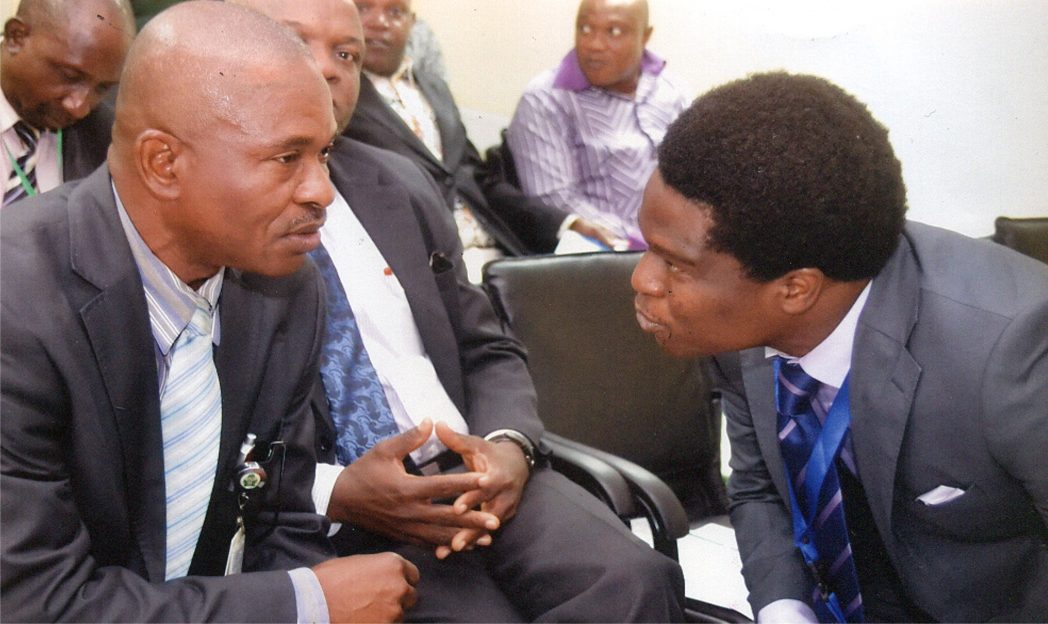Business
Dangote Cement Price Slash Receives Kudos In PH
Dangote cement Plc has announced a new slash in the prices of the various grades of its product.
As expected, reactions are trailing the action of the company by dealers and consumers of the commodity in Port Harcourt and its environs.
At the Mile three building materials market in Diobu, Port Harcourt, a cross section of dealers who spoke to our correspondent welcomed the development but said they were faced with the challenge of selling off old stock.
According to Emeka Onyeoma, who claimed to have been in the cement business for more than twenty years, the entrance of Dangote group into the industry was a good omen.
He explained that before Dangote delved into cement production, no producer toyed with the idea of price reduction, even as he said the action would positively affect development at the building sector.
Another dealer who would not want his name on print while expressing appreciation to the Dangote group appealed to the company to still maintain the quality of its products despite the reduction in price.
For Pastor Miller Mbiakpa from Odi in Bayelsa State, the move by Dangote “is a welcome development”.
Mbiakpa whose house according to him was destroyed during the military invasion of the Community said the development would help him in his efforts toward rebuilding his house.
According to him, anyone who works to sabotage such effort by the company “is an enemy of progress”.
In his reaction, according to reports the National President of the Block Moulders Association of Nigeria, Alhaji Rasidi Adebowale said he received the news with happiness.
Considering what the price reduction holds for his members he expressed optimism that the new price review would translate to reduction in the price of blocks.
Also, President, Nigerian Institute of Architects, Bruno Niyi was reported to have hailed the decision by Dangote Cement Plc even as he urged the management of the company to sustain the new price regime and ensure that it was not hijacked by profiteers in the industry.
By the company’s actions, the new price regime that was announced by the Group Managing Director of Dangote Cement Plc, Devakumar Edwin would see the company sell its 32.5 cement grade at N1000 per 5- kilogram (kg) bag, while the higher 42.5 grade would sell for N1,150 per bag.
The new prices, exclusive of Value Added Tax (VAT), represent about 40 per cent discount.
on the prevailing market price of the product which is currently sold for N1700 irrespective of the grade, across the country.
Edwin was further reported to have said that the move was in line with the company’s commitment to the nation’s dire need for the development of infrastructure and to boost the federal and state government’s ongoing efforts to reducing the near 20 million housing deficit in the continent’s largest economy.
The Tide further gathered that industry watchers have been over whelmed by the move.
Business
NCDMB, Jake Riley Empower 250 Youths On Vocational Skills

Business
NUJ Partners RSIRS On New Tax Law Education

Transport
Nigeria Rates 7th For Visa Application To France —–Schengen Visa

-

 Sports18 hours ago
Sports18 hours agoArsenal Women End Man City’s Invincibility
-

 Environment17 hours ago
Environment17 hours agoRivers State Government Suspend Fire Service Collection Levies
-

 Sports18 hours ago
Sports18 hours agoU-20 WWC: Falconets claim qualifier win
-

 Maritime20 hours ago
Maritime20 hours agoOver 6,223 Seafarers Abandoned In 2025 – Says ITF
-

 Maritime19 hours ago
Maritime19 hours agoCustoms Hands Over Seized Cannabis Worths N4.7bn To NDLEA
-

 Politics19 hours ago
Politics19 hours agoI DEFECTED OUT OF CONVICTION …NO ONE COULD’VE IMPEACHED MY LATE DEPUTY ~ DIRI
-

 News21 hours ago
News21 hours agoNLC Threatens Nationwide Protest Over Electoral Act Amendment
-

 Environment17 hours ago
Environment17 hours agoLASEMA pushes attitudinal change to cut fire outbreaks in Lagos


